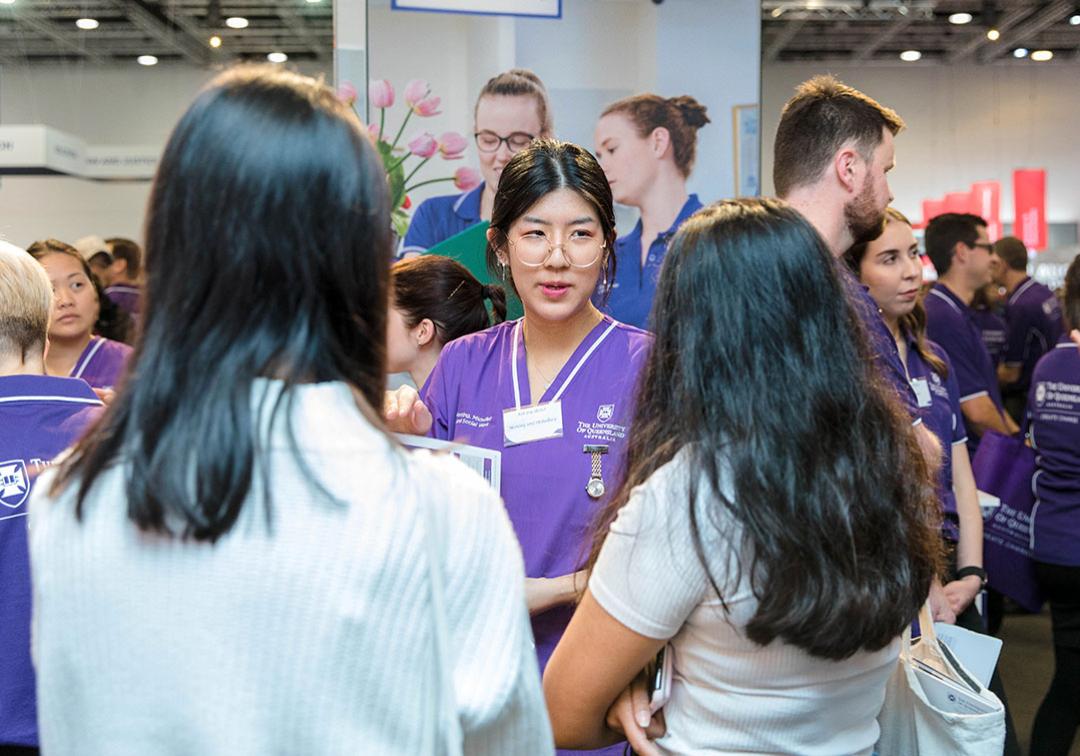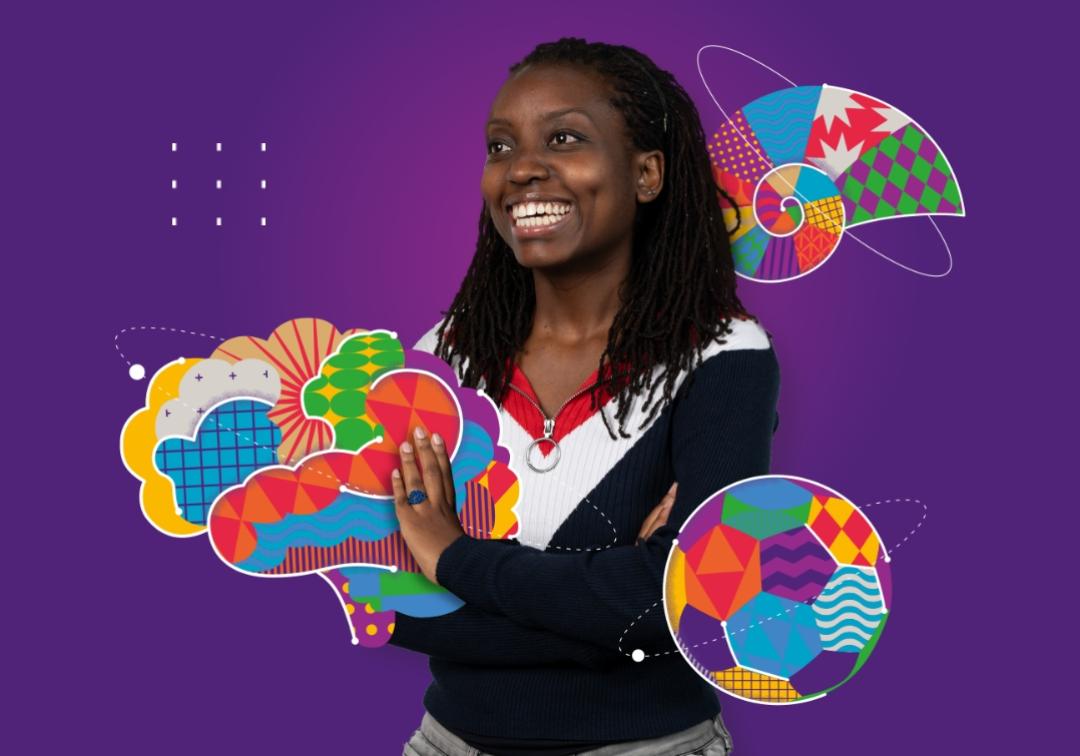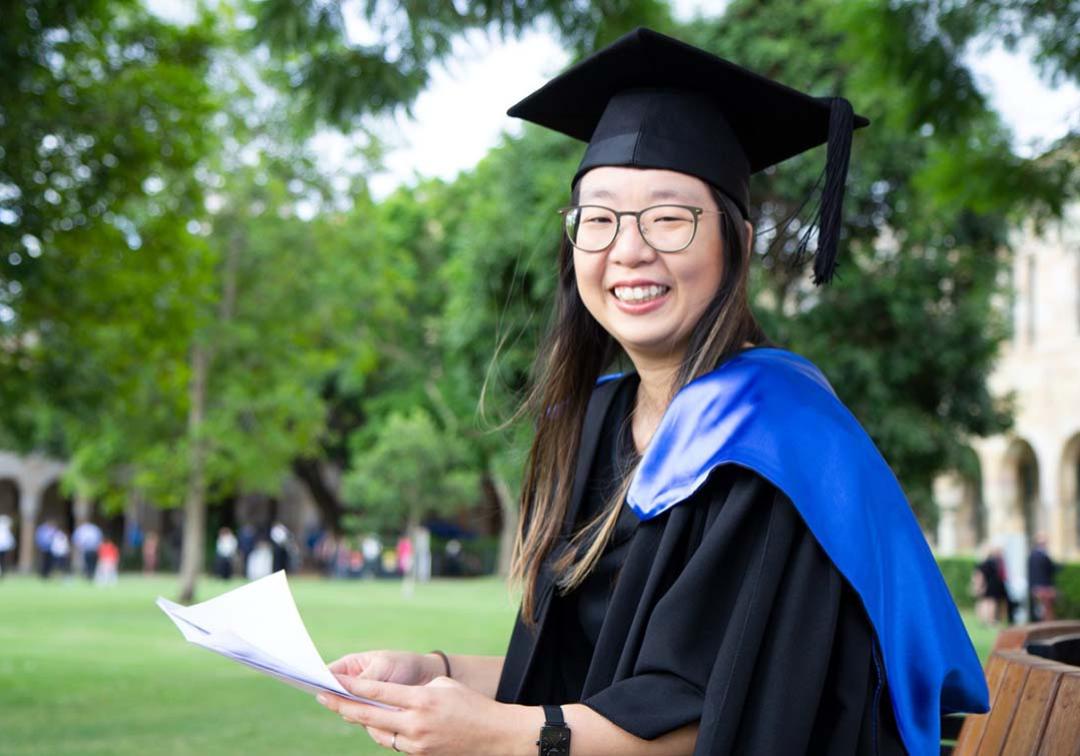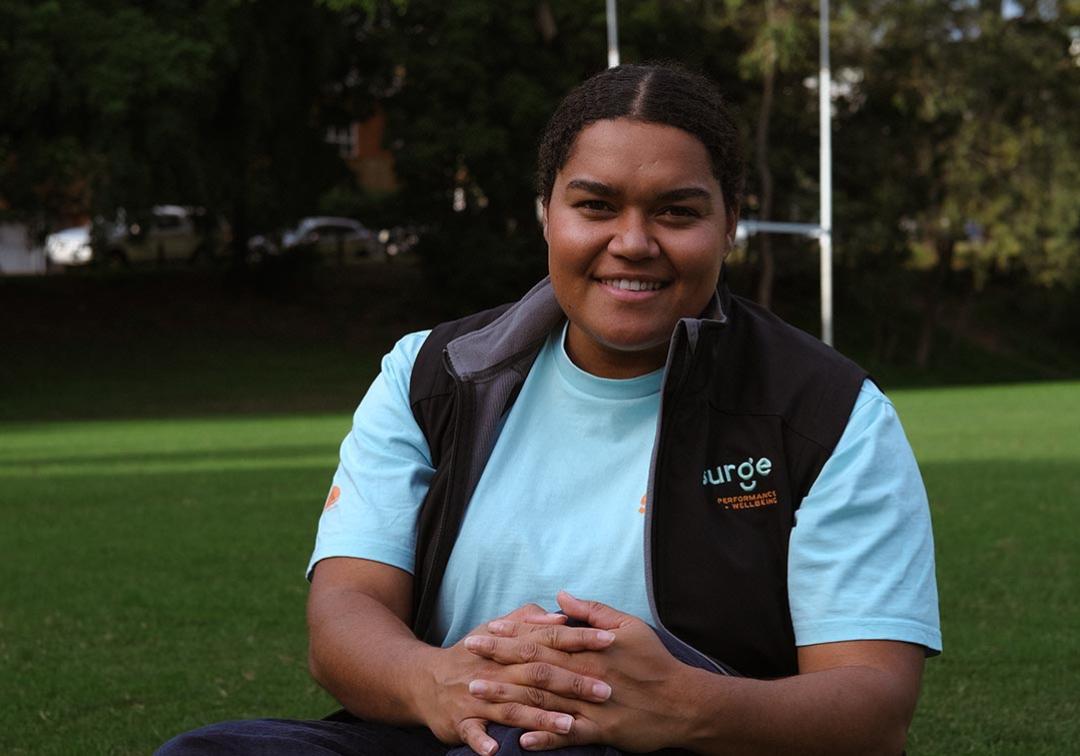
Increasingly, doctors and scientists use genetic information to diagnose, treat, prevent and cure illnesses.
You'll learn how genetic information can contribute to understanding disease and lead to the development of personalised medicine
When you undertake honours, you'll be equipped to work as part of a research team in a semi-autonomous manner. You'll learn to identify key questions, plan experiments, acquire new techniques and interpret the results.
Career possibilities
Our programs prepare you for your first job and beyond. Here are some of the careers you could be on your way to:
- Geneticist
- Gene technologies scientist
- Clinical genetics scientist
- Cancer researcher
- Biomedical scientist
- Biomedical researcher
Graduate salary
Science and mathematics (undergraduate)
compared.edu.au
Events
See all eventsStories
See all stories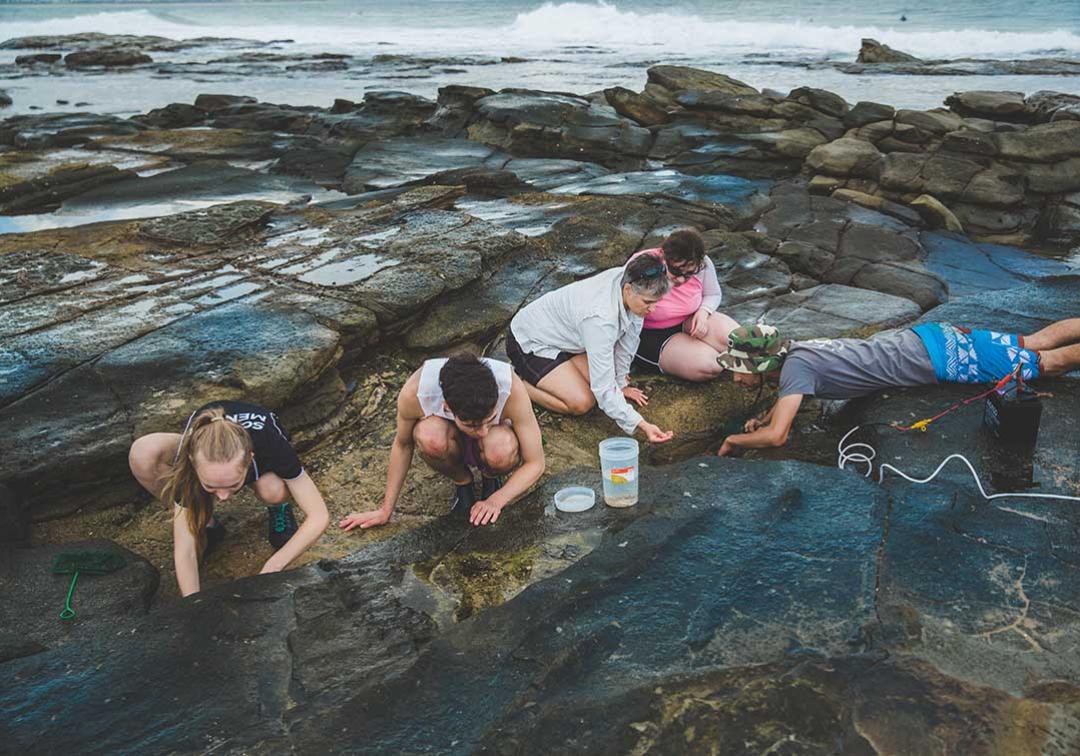
Study tips
Study environmental conservation as a postgrad at UQ
5-minute read
Stories
See all stories
Study tips
Study environmental conservation as a postgrad at UQ
5-minute read
How you'll learn
Your learning experiences are designed to best suit the learning outcomes of the courses you choose.
- Research experience
- Laboratory work
What you'll study
At UQ, subjects are called 'courses'. Here's a sample of the courses you could study:
- BSc(Hons) Research in Biological Sciences
- Critical Thinking and Communication in Biology
Keep up to date
Sign up to get information about applying and studying at UQ.

